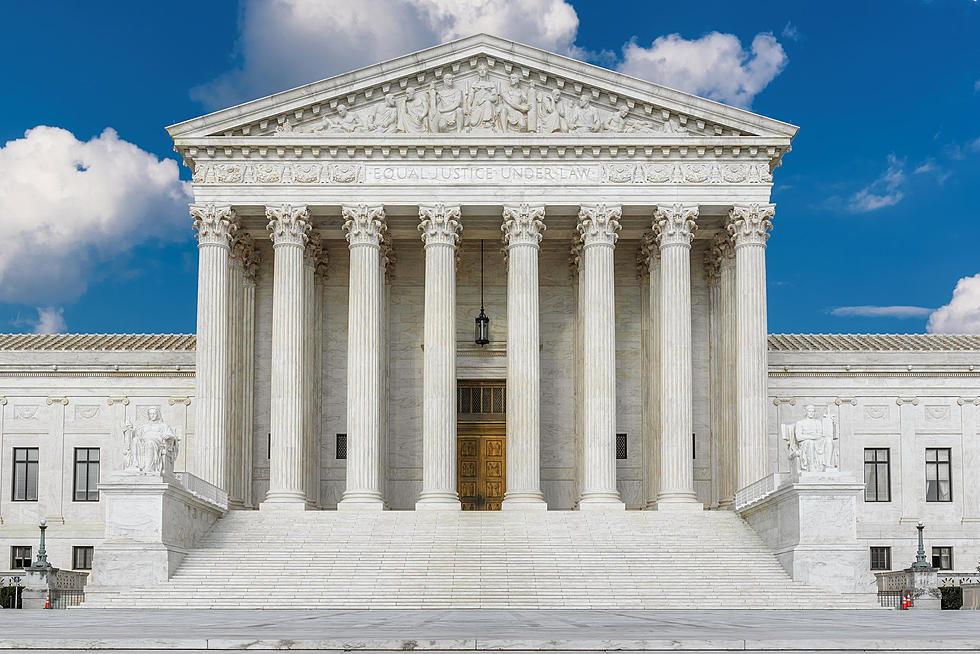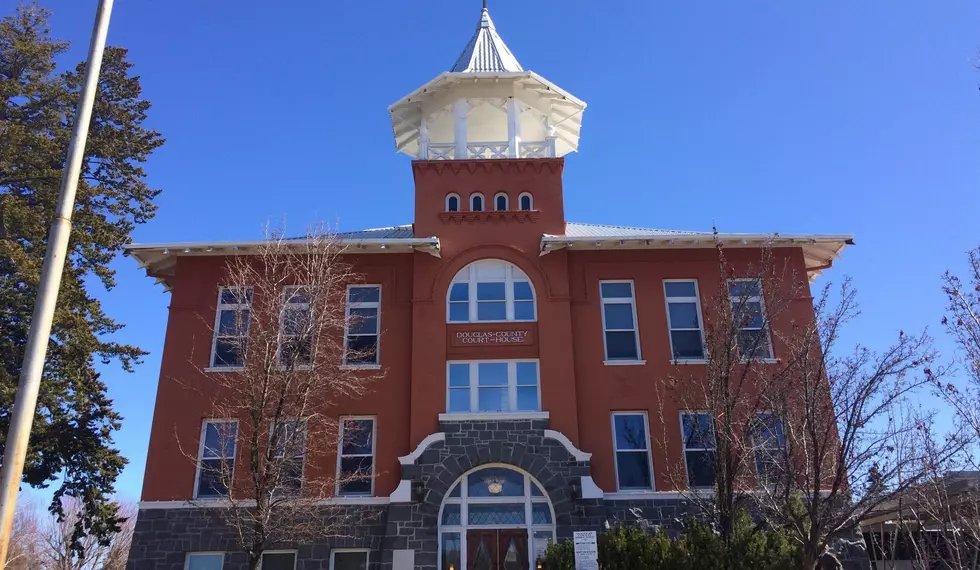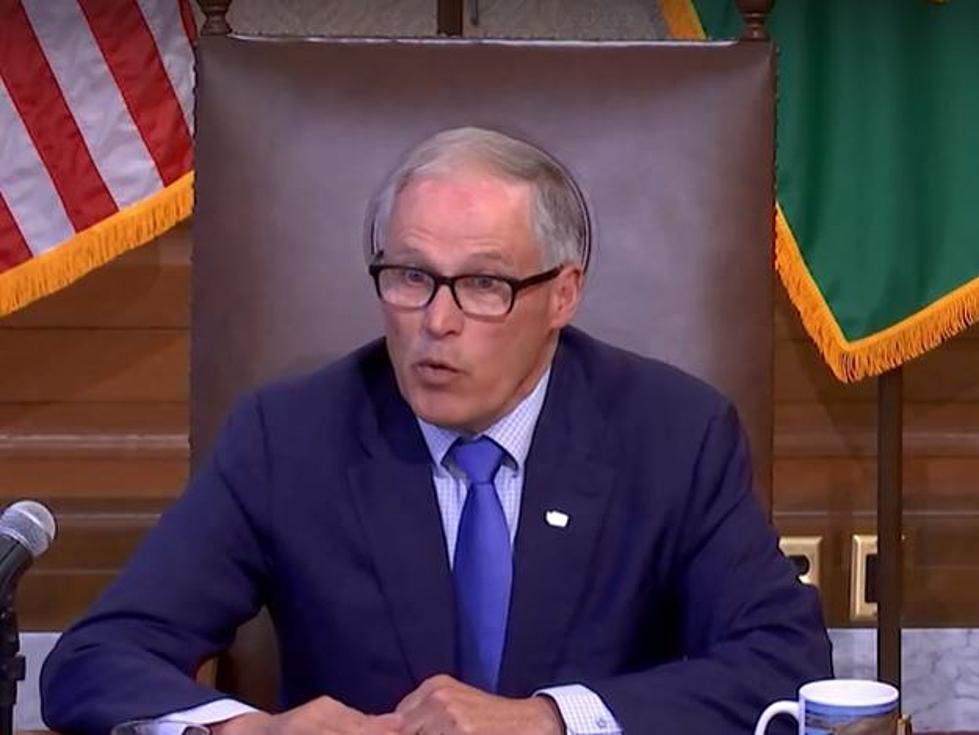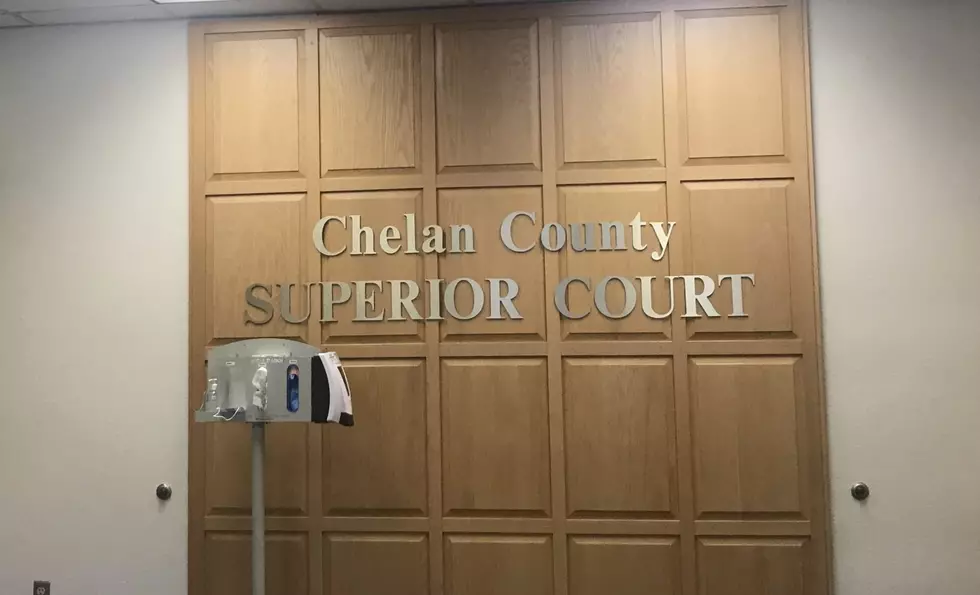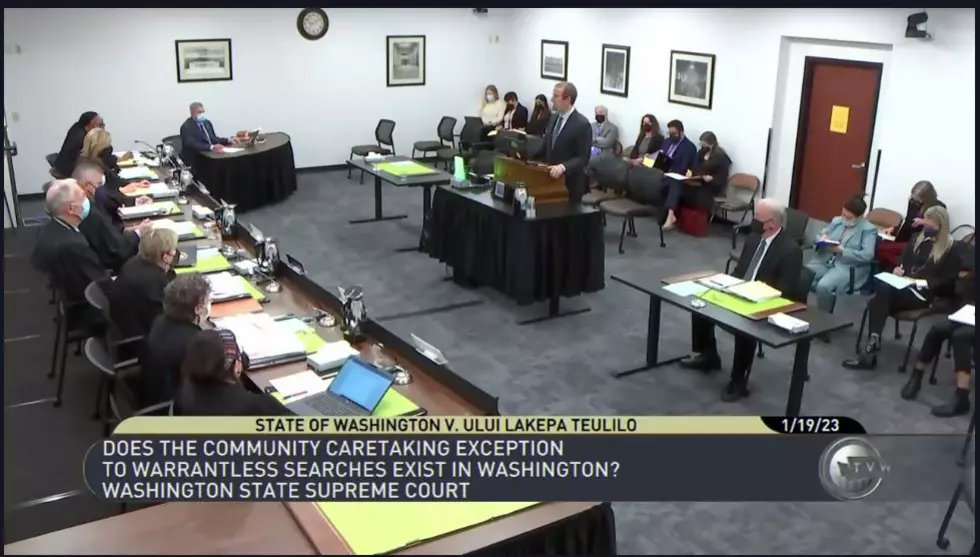
WSU Sexual Assault Case Reaches State Supreme Court
WA State Supreme Court was presented with a case that asks whether universities has a special obligation to protect students from sexual assault off campus.
On Feb. 23, the WA State Supreme Court was tasked with deciding in the case of Madeleine Barlow v. State of Washington, DBA Washington State University, whether WSU has a special relationship with their students and has a duty to reasonably protect them from harm, and if so, to what extent.
This court proceeding took place at Seattle University’s Law Center.
This case began in 2020 when Barlow sued WSU, claiming they neglected to properly discipline her assailant.
In 2017, WSU upperclassmen Thomas Culhane raped Barlow repeatedly during an off-campus party.
Culhane was previously put on a one-week suspension and was on probation for making unwanted sexual advances to two other students while attending the WSU satellite campus in Vancouver.
Yet two months after a Title IX investigation was opened against him, WSU accepted Culhane’s request to transfer to the main campus in Pullman .
After Barlow’s assault, Culhane was subsequently expelled and was found guilty of two counts of second-degree rape on March, 2019.
Plaintiff's Attorney Phil Talmadge said that the sexual assault epidemic in universities has grown since state legislature passed Chapter 28B.112 RCW on Campus Sexual Violence back in 2015.
Talmadge also argued that WSU could have put Culhane’s registration on hold, or put more strict measures to ensure that Culhane could not endanger other students, referencing a policy in Louisiana that restricts student transfer if they are under investigation of sexual misconduct.
“It could have been any of those things that would have stopped this from occurring. They didn't do any of this,” Talmadge said. “They let this guy, who was a predator, go from Vancouver to Pullman to new hunting grounds, and he raped Madeleine Barlow as a consequence.”
Defense Attorney for WSU Kaylynn What stated that the University disciplined Culhane proportional to his alleged misconduct at the time.
“He was on probation, he was suspended from registering for classes until he completed the terms of the sanctions, he was required to write a probation paper,” What said. “That's important because that means he was required to write about consent, and Mr. [Adam] Jussel rejected his first attempt because it showed that he had an inadequate understanding of consent and how to rewrite it. He was also required to write a research paper about empathy and he was required to undergo alcohol evaluation.”
Justice G. Helen Whitener asked why WSU accepted Culhane’s transfer if he still did not understand consent.
What clarified that at the time, Culhane submitted his transfer request before the Title IX investigation and that the university did not have a policy on withholding transfers for students under investigation. Since then, What says the University has emphasized more training on how they handle student conduct proceedings.
She also stated that disciplinary measures depended on the adjudicator at the time, which was Director Office of Student Standards & Accountability Adam Jussel.
What concluded that this incident occurred off campus and that the university is not responsible for what happens off school grounds.
“This was a party on a Saturday night. Miss Barlow didn't ask permission to go to the party and Mr. Culhane didn't ask permission to have a party. The university police couldn't go to that party. University police couldn't stop as far left from attending it,” What said. “There's no jurisdiction and when there's no control, there's typically no special relationship or a duty to protect or control in that situation.”
You can watch the entire State Supreme Court hearing here.
More From NewsRadio 560 KPQ

